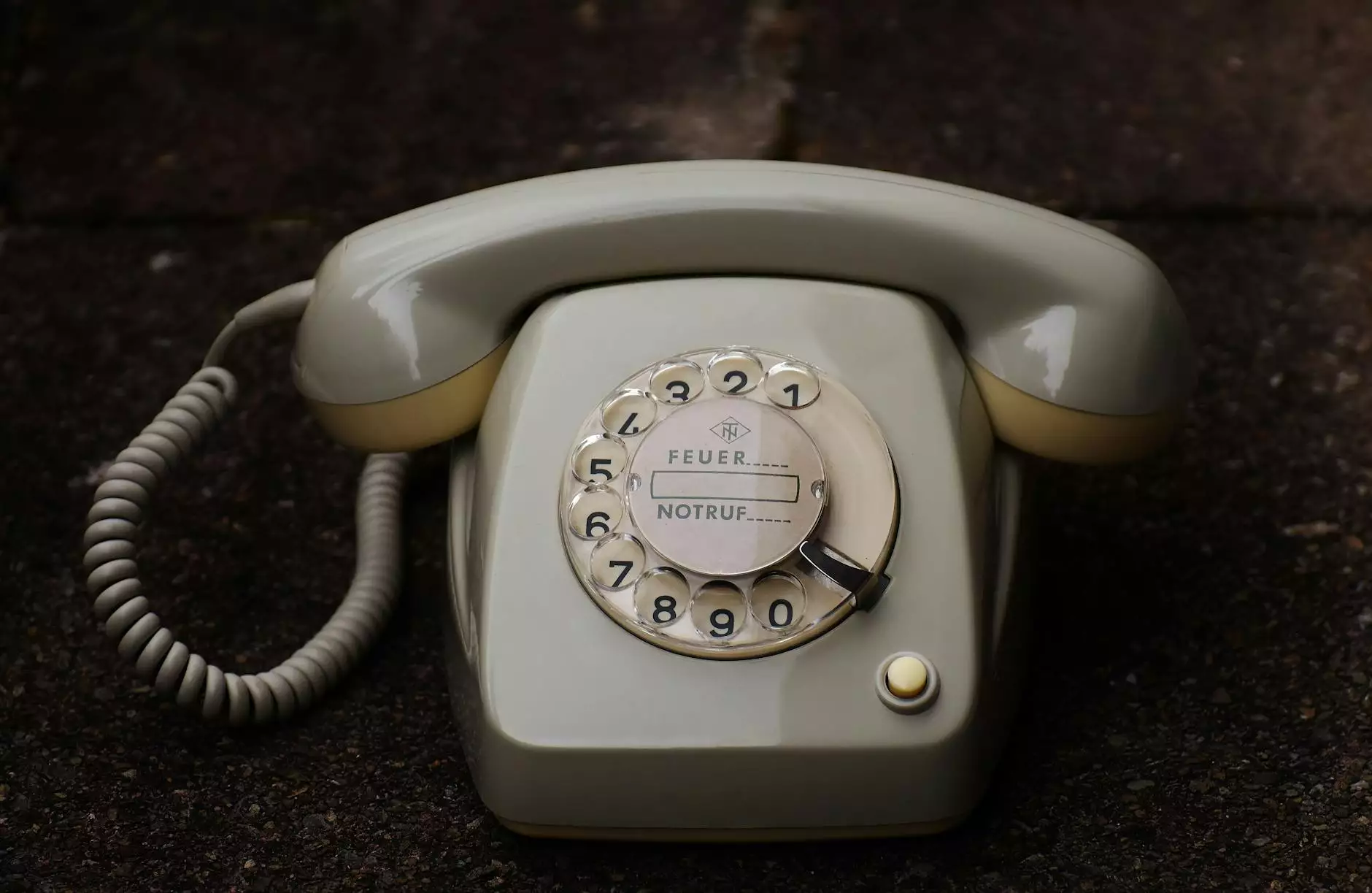The Future of Healthcare: Mobile Central Sterile Processing Units

In today's fast-paced medical landscape, efficiency and safety are paramount. Enter the mobile central sterile processing unit (CSPU), a transformative solution designed to meet the needs of healthcare facilities, guardians of public health, and patients alike. This article will dive deeply into the functionality, benefits, and operational importance of mobile CSPUs, showcasing how they are revolutionizing the healthcare sector.
Understanding Mobile Central Sterile Processing Units
The mobile central sterile processing unit offers an innovative approach to sterilizing medical instruments and supplies. Traditional sterile processing often requires a stationary facility where instruments are cleaned, sterilized, and prepared for reuse. However, the demands of modern healthcare make it essential to have a flexible solution that can adapt to varying needs.
What is a Mobile Central Sterile Processing Unit?
A mobile central sterile processing unit is a fully equipped vehicle or trailer that serves as a sterile processing environment. These units are designed to meet the same regulatory standards as conventional central sterile processing departments (CSPDs), ensuring that all sterilization and safety protocols are thoroughly maintained. The mobile units can be deployed to various healthcare settings, including:
- Ambulatory surgical centers
- Remote hospitals
- Disaster relief zones
- Urgent care facilities
- Military medical units
Key Components of a Mobile Central Sterile Processing Unit
A mobile CSPU is equipped with vital components to ensure efficient operations. Some of the key features include:
1. Advanced Sterilization Equipment
The backbone of any mobile central sterile processing unit is its sterilization equipment. These units are outfitted with:
- Autoclaves: These devices use high-pressure steam to sterilize instruments.
- Dry Heat Sterilizers: Ideal for materials that can be damaged by steam.
- Ethylene Oxide Sterilizers: For heat and moisture-sensitive items.
2. Efficient Workflow Design
The layout of a mobile CSPU is crucial for operational efficiency. With designated areas for:
- Decontamination
- Sterilization
- Packaging
- Storage
the workflow is clearly defined, minimizing the risk of cross-contamination and ensuring a consistent sterilization process.
3. Quality Control Systems
Quality control is non-negotiable in any sterilization process. Mobile CSPUs come equipped with:
- Biological Indicators: To verify that sterilization conditions have been met.
- Chemical Indicators: For immediate visual confirmation of sterilization.
- Recording Equipment: To document the sterilization cycles and monitor compliance.
Benefits of Mobile Central Sterile Processing Units
The advantages of integrating mobile CSPUs into healthcare delivery systems are far-reaching:
1. Enhanced Accessibility
Mobile CSPUs offer unprecedented access to high-quality sterilization services. Whether in a remote area or at the site of a disaster, these units provide essential support to healthcare providers, ensuring that sterilized instruments are always available.
2. Cost-Effectiveness
Establishing a permanent central sterile processing facility can be prohibitively expensive. A mobile CSPU reduces overhead costs associated with maintaining a permanent facility. The reduced need for large staff and continuous operations significantly decreases operating expenses.
3. Increased Patient Safety
The safety of patients is always a primary concern in healthcare. By employing mobile central sterile processing units, facilities can guarantee that instruments are sterilized promptly and efficiently, thereby reducing the risk of infection.
4. Seamless Integration with Existing Systems
Mobile CSPUs can efficiently integrate with existing healthcare systems. They can be deployed to supplement the sterile processing capabilities of existing facilities, especially during peak times or crises, ensuring uninterrupted services.
5. Environmentally Friendly Options
Many newer mobile CSPUs use eco-friendly sterilization techniques, such as low-temperature hydrogen peroxide vapor sterilization, reducing the environmental impact compared to traditional methods.
Implementation and Operational Considerations
Deploying a mobile central sterile processing unit requires careful planning and execution. Here are some key considerations:
1. Compliance with Regulations
Healthcare facilities must ensure that their mobile CSPUs comply with local, state, and federal regulations. This includes proper licensing, equipment standards, and personnel training.
2. Training and Staffing
Proper training for staff operating a mobile CSPU is essential. Staff must be well-versed in sterilization processes, quality control measures, and emergency procedures to ensure the highest standards of care are maintained.
3. Maintenance and Support
Regular maintenance of the equipment is crucial for optimal operation. Facilities must establish a maintenance schedule and ensure support from qualified technicians to address any potential issues swiftly.
Case Studies: Successful Deployments of Mobile CSPUs
Several healthcare organizations have successfully implemented mobile central sterile processing units, yielding significant improvements in service delivery. Here are a few examples:
1. Rural Hospital Network
A rural hospital network in the Midwest deployed a mobile CSPU program to support its clinics. By reducing turnaround time for sterilized instruments, they improved surgical scheduling and enhanced overall patient care. This initiative not only improved operational efficiencies but also increased patient throughput without compromising quality.
2. Disaster Response Efforts
During a natural disaster, a mobile CSPU was dispatched to provide sterilization services for healthcare teams in the affected area. The rapid deployment ensured that healthcare providers had access to necessary sterile instruments, significantly contributing to patient safety and care quality during critical times.
Future Outlook: The Role of Technology in Mobile Sterile Processing
The evolution of technology will undoubtedly play a significant role in the future of mobile central sterile processing units. Emerging trends include:
1. Automation
Automated systems for tracking instruments, managing inventory, and monitoring sterilization processes are becoming increasingly common. Innovation in this area can enhance efficiency, reduce human error, and provide real-time data analytics for better decision-making.
2. Telemedicine Integration
As telemedicine becomes more prevalent, integrating mobile CSPUs with telehealth services can provide healthcare workers with immediate support in sterilization and infection control measures.
3. Advanced Material Sciences
With advancements in materials science, the development of instruments that are easier to sterilize and non-toxic, environmentally friendly alternatives will likely become more widespread.
Conclusion
The mobile central sterile processing unit represents a significant advancement in the delivery of healthcare services. By providing efficient, cost-effective, and accessible sterilization solutions, these units help meet the growing demands of healthcare facilities while ensuring patient safety. As technology continues to evolve, we can expect mobile CSPUs to play an even larger role in the future of healthcare. By adopting this innovative approach, healthcare providers can improve operational efficiencies, reduce downtime, and ultimately deliver better patient outcomes.
For more information about implementing a mobile CSPU or understanding its benefits, visit odulairmobileclinics.com today!









